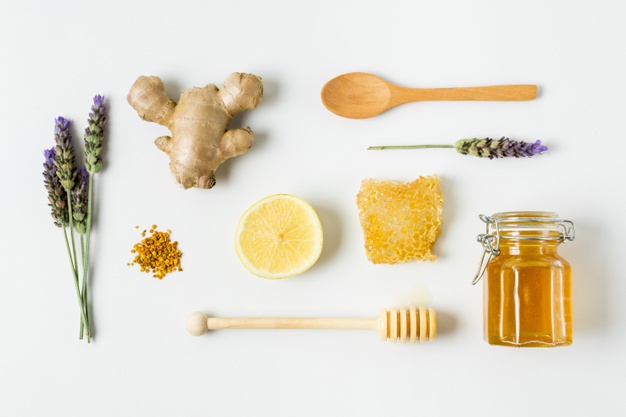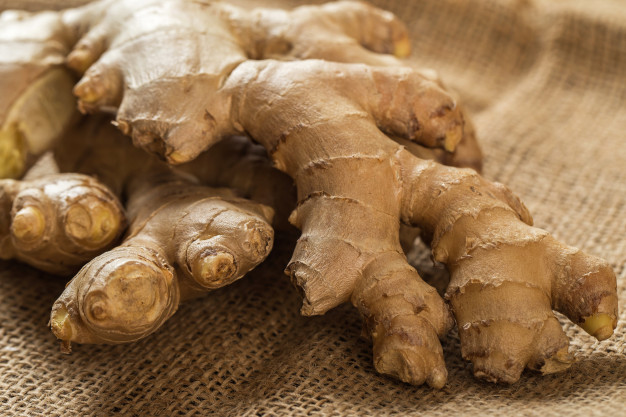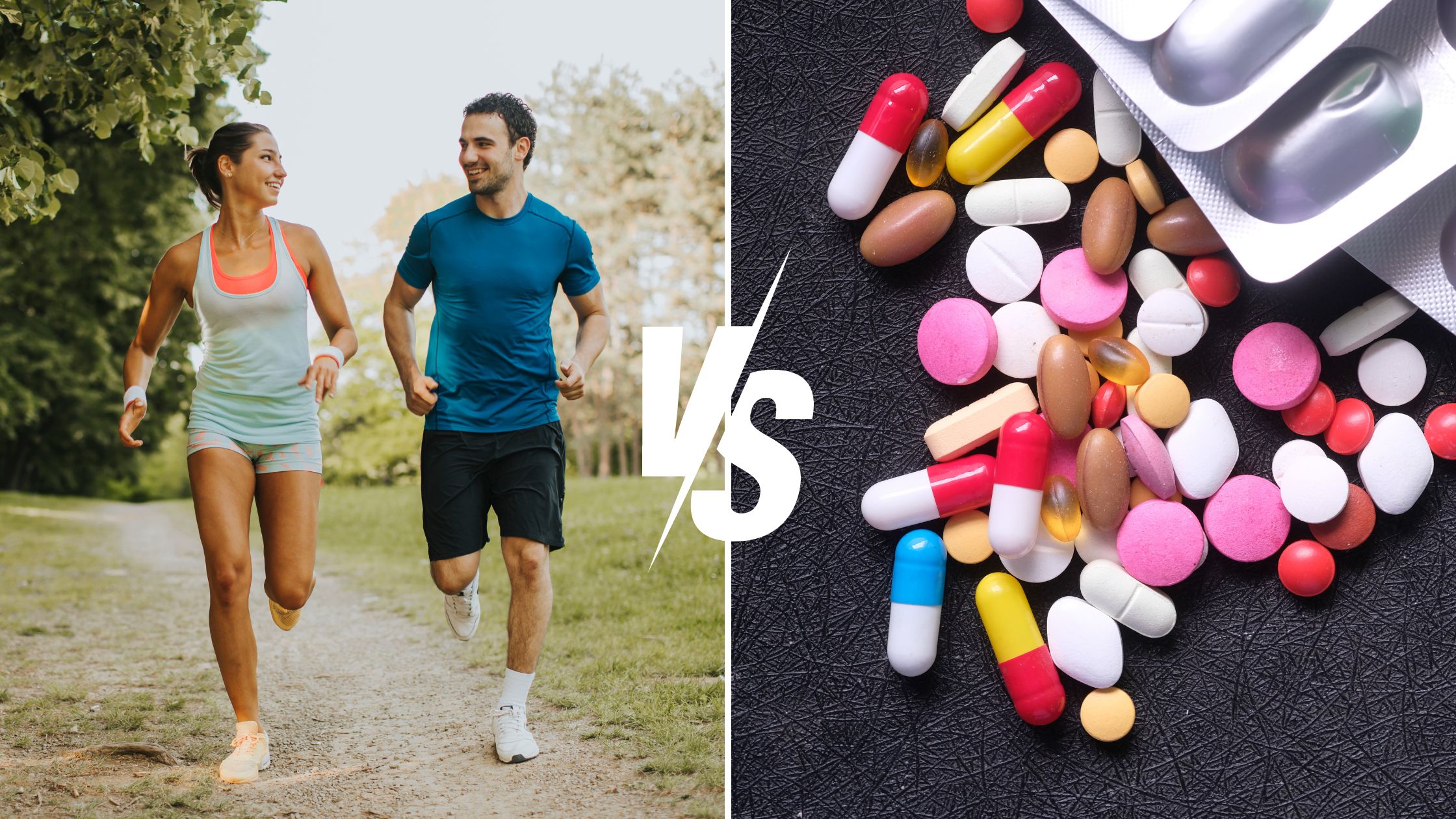Ginger and lemon are both preeminent amongst the domestically used drugs of medicinal value. Although they belong to different families yet together they form a gangbuster, exceeding the touchstone exceptions of many drugs in the market without any noteworthy side effects.
Ginger is a rhizome belonging to the Zingiberaceae family whereas Lemon is the fruit of the Lemon plant which belongs to the Rutaceae family.
Although both of these exceptional edibles have their own caliber and are of great importance individually, when consumed together they rival the renowned pharmaceuticals in a variety of terms.
Health Benefits of Lemon and Ginger
Weight Loss
Obesity is the regular concern of the majority of people today. Lemon gives you effective ingredients for Lipid metabolism and obesity. It induces calorie restriction and reduces insulin resistance and body fat. Ginger helps in suppressing hunger and increases satiety. The mighty combination of both increases metabolism while burning extra calories.
Immunity Booster
Lemon is rich in Ascorbic acid, commonly known as Vitamin C. Research shows that Vitamin C increases the strength and defense mechanism of the body. Its anti-inflammatory, anti-bacterial, and anti-oxidant activities are well known.
Ginger possesses a bioactive compound named gingerol that shows potent antioxidant, anti-inflammatory, and anti-cancerous effects. Therefore, other than boosting immunity, its healing properties are also remarkable.
Pain reliever
Ginger is said to possess analgesic properties as it significantly soothes the menstrual pain, headaches, and other inflammation- related pains and is just as efficient as ibuprofen. Hence, it is a natural pain reliever that enhances the recovery process as well.
Improves cognitive functions
Research shows that ginger is a potential cognitive enhancer in middle-aged women, thanks to its outstanding antioxidant properties. Gingerol indirectly increases the production of acetylcholine which plays a significant part in learning power and memory enhancement.
Lemon is said to be the brain and nerve food, nourishing the brain and helps in clear thinking.
Therefore ginger and lemon lower the risks of memory disorders like Alzheimer’s disease or dementia.
Maintains the pH
One of the magical properties of lemon is that being acidic in nature when it enters the body it shows alkaline activity. It purifies the blood and helps in detoxification by decreasing the bad cholesterol levels. It constitutes potassium which works with sodium and maintains the water balance in the body.
Skin Benefits and Hair Growth

Packed with a high amount of antioxidants, vitamins, and minerals, together with the anti-bacterial activity of Lemon and Ginger, it is needless to say that the duo improves your overall skin and hair health extensively. Fighting off the bacteria and internal nourishment gives you healthy glowing skin and thicker, stronger, and shinier hair.
References and citations
Chaturvedi, Dev & Suhane, Nidhi & Shrivastava, Rishi. (2016). BASKETFUL BENEFIT OF CITRUS LIMON. International Research Journal of Pharmacy. 7. 1-4. 10.7897/2230-8407.07653.
Mansour MS, Ni YM, Roberts AL, Kelleman M, Roychoudhury A, St-Onge MP. Ginger consumption enhances the thermic effect of food and promotes feelings of satiety without affecting metabolic and hormonal parameters in overweight men: a pilot study. Metabolism. 2012;61(10):1347-1352. doi:10.1016/j.metabol.2012.03.016
Kim MJ, Hwang JH, Ko HJ, Na HB, Kim JH. Lemon detox diet reduced body fat, insulin resistance, and serum hs-CRP level without hematological changes in overweight Korean women. Nutr Res. 2015;35(5):409-420. doi:10.1016/j.nutres.2015.04.001
Sorice A, Guerriero E, Capone F, Colonna G, Castello G, Costantini S. Ascorbic acid: its role in immune system and chronic inflammation diseases. Mini Rev Med Chem. 2014;14(5):444-452. doi:10.2174/1389557514666140428112602
Saenghong N, Wattanathorn J, Muchimapura S, et al. Zingiber officinale Improves Cognitive Function of the Middle-Aged Healthy Women. Evid Based Complement Alternat Med. 2012;2012:383062. doi:10.1155/2012/383062

















